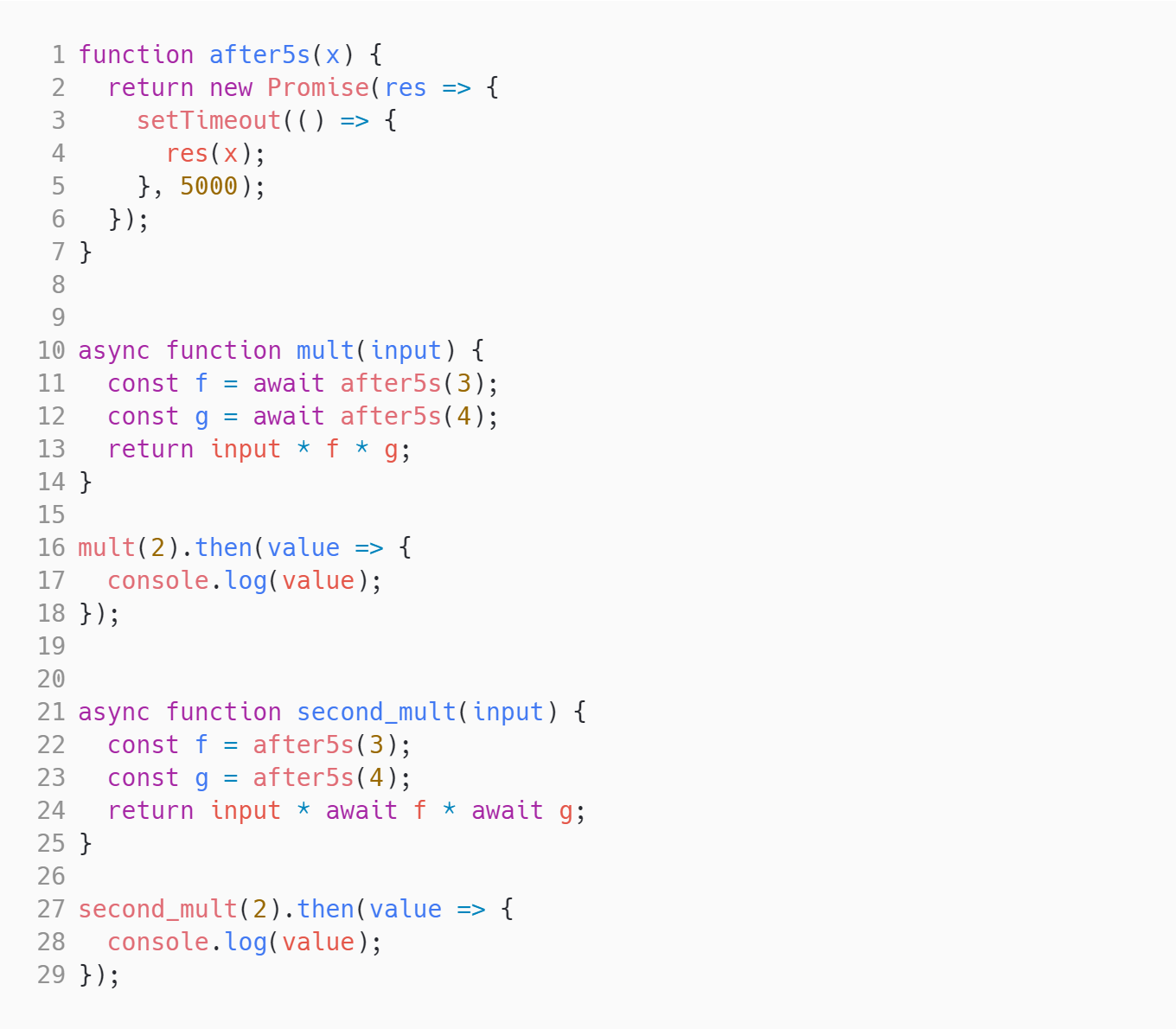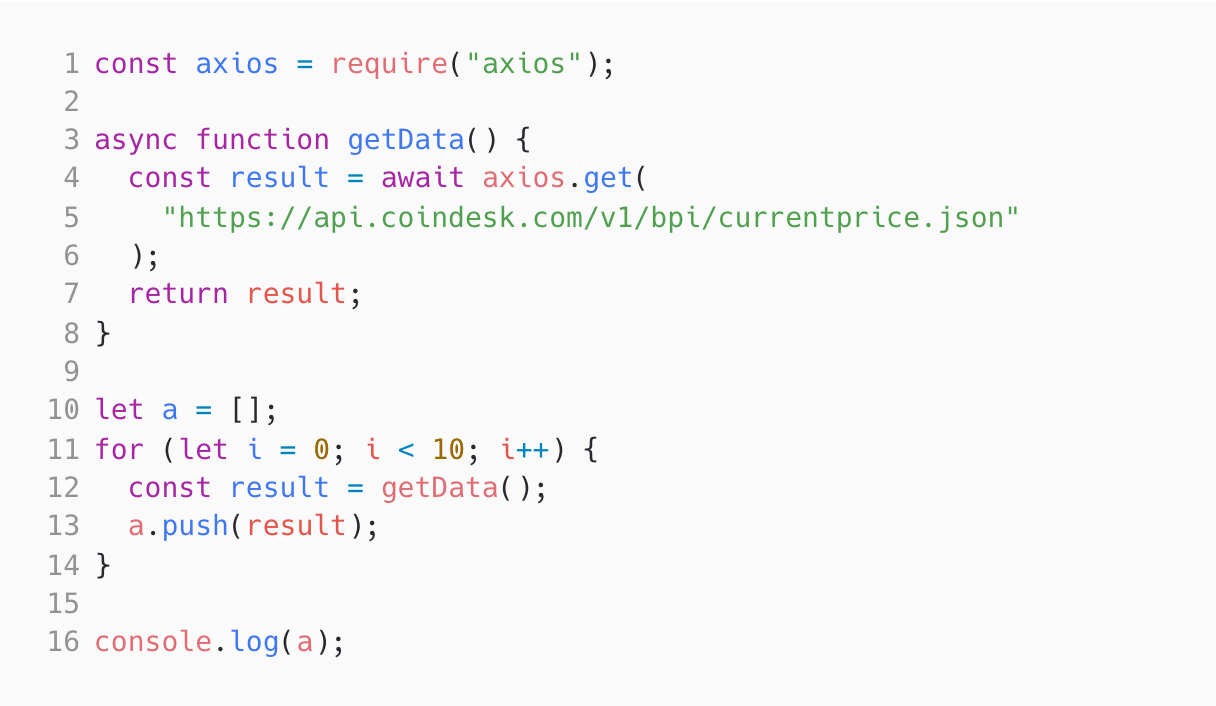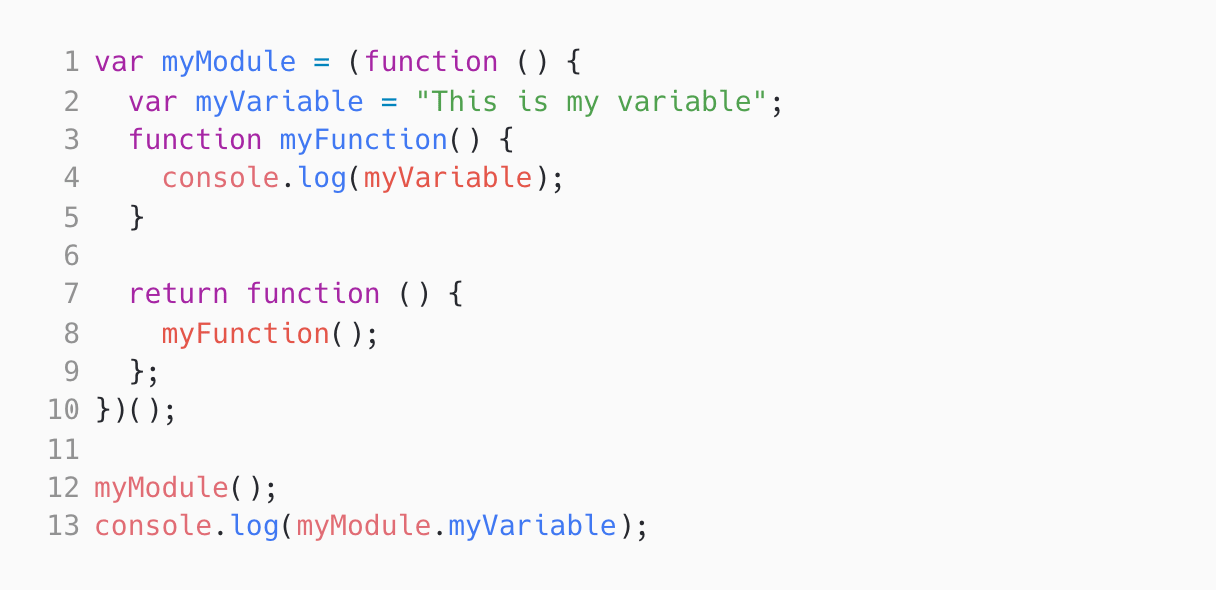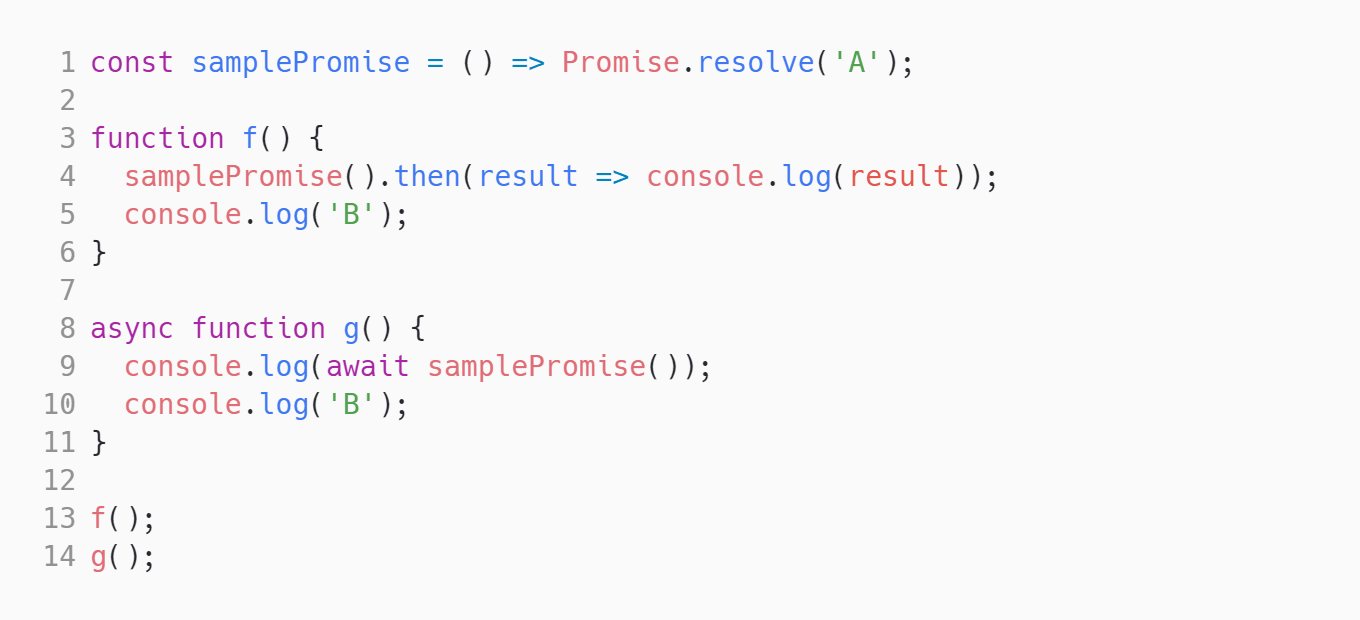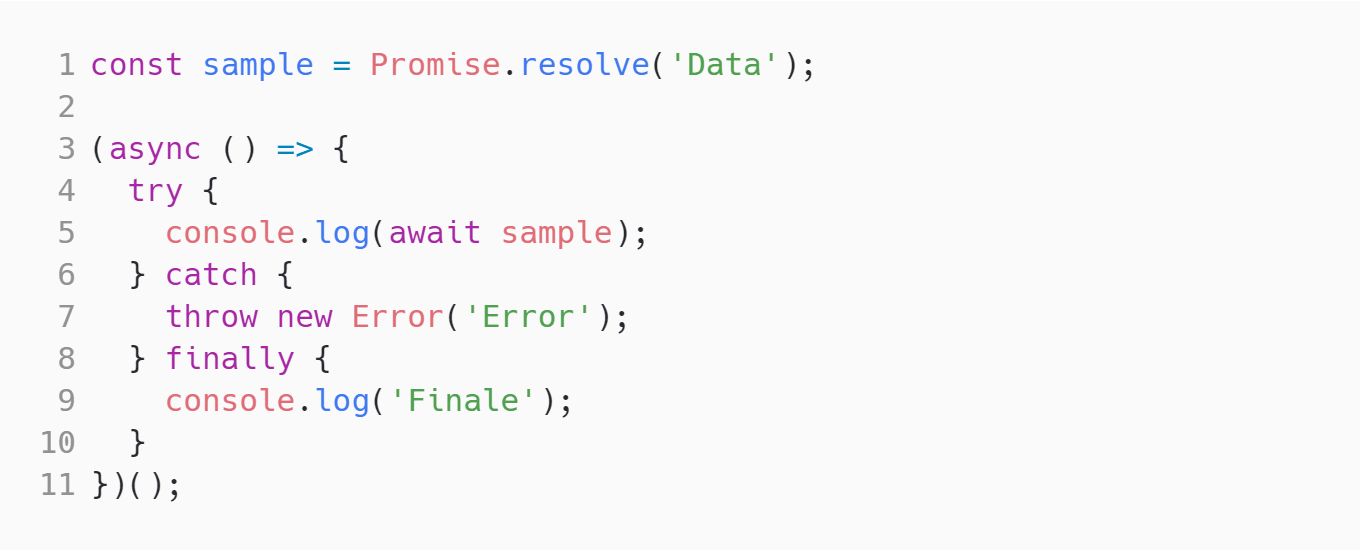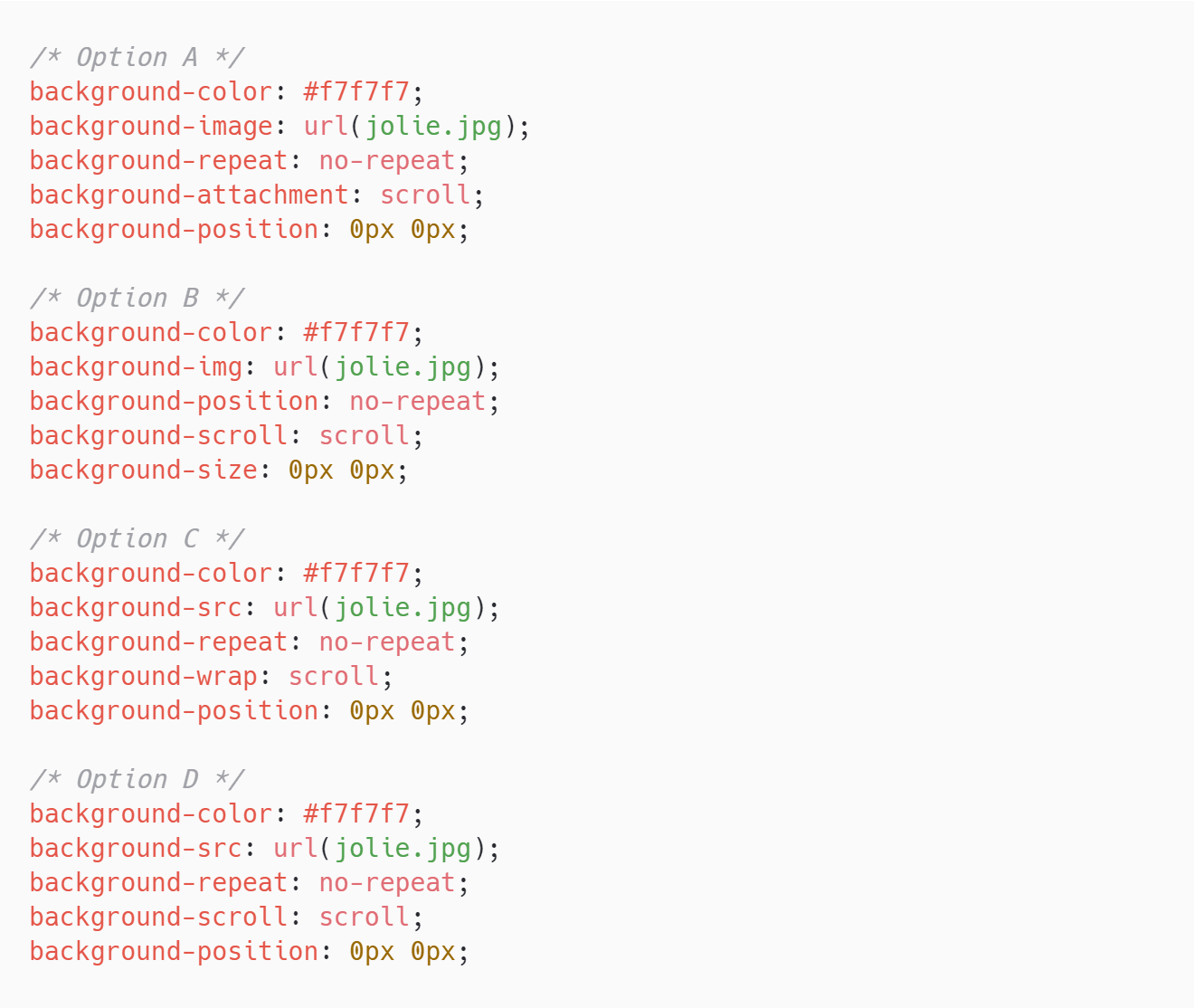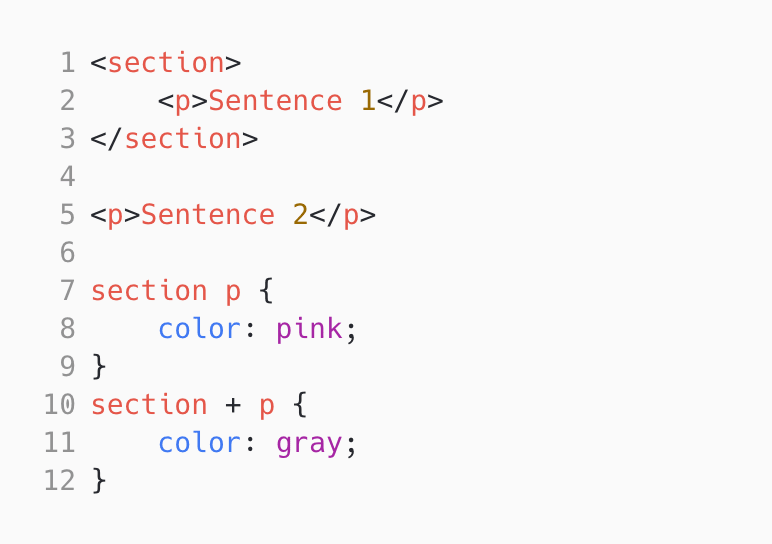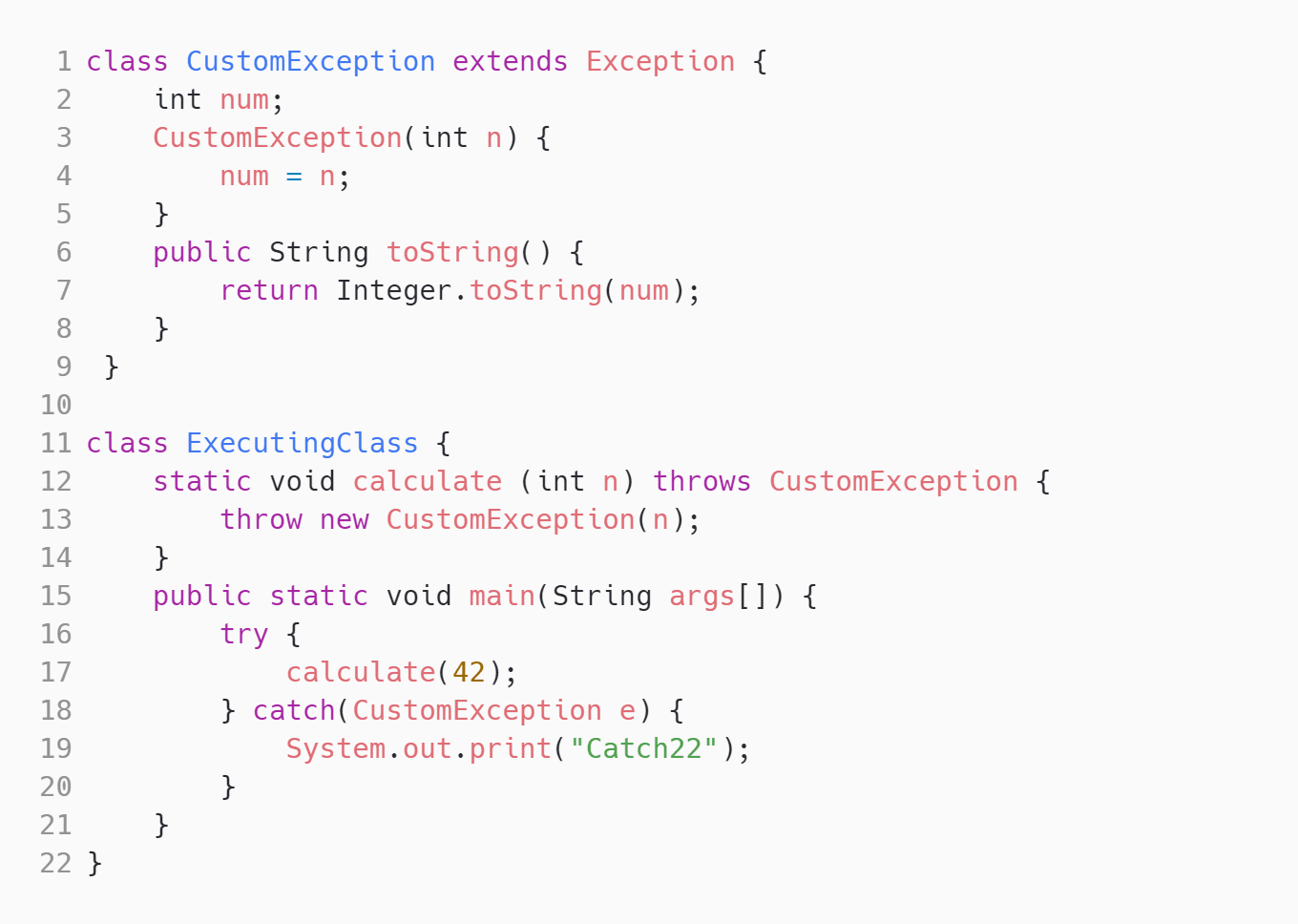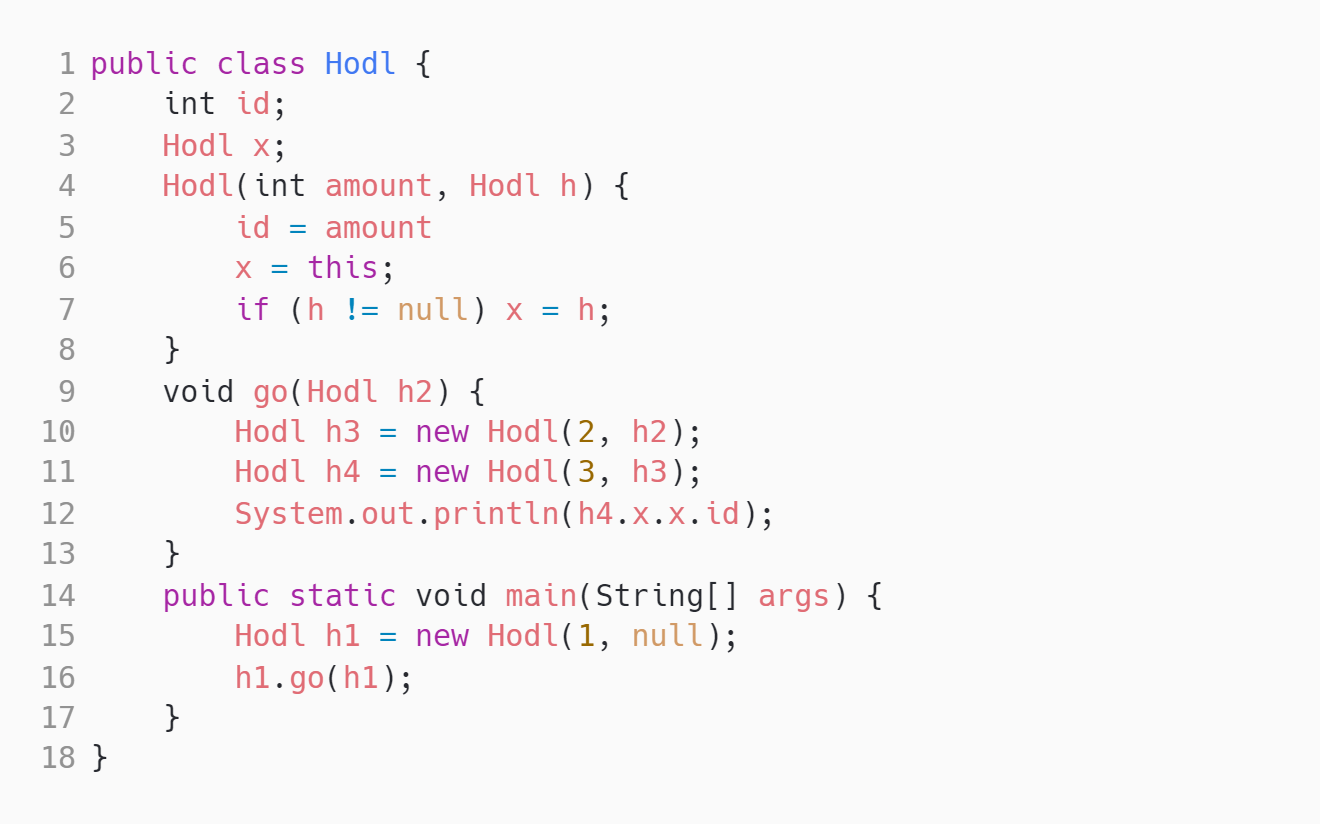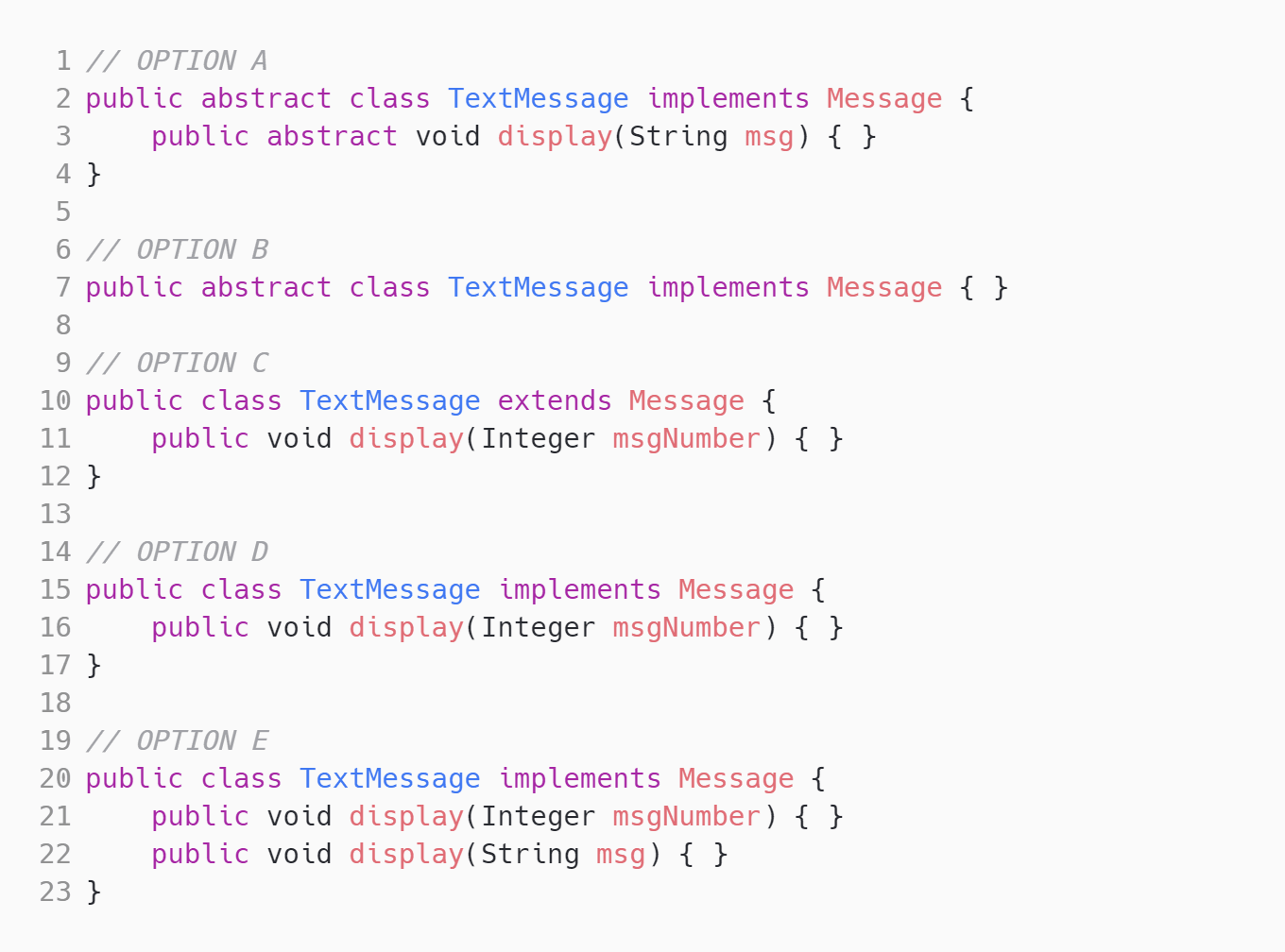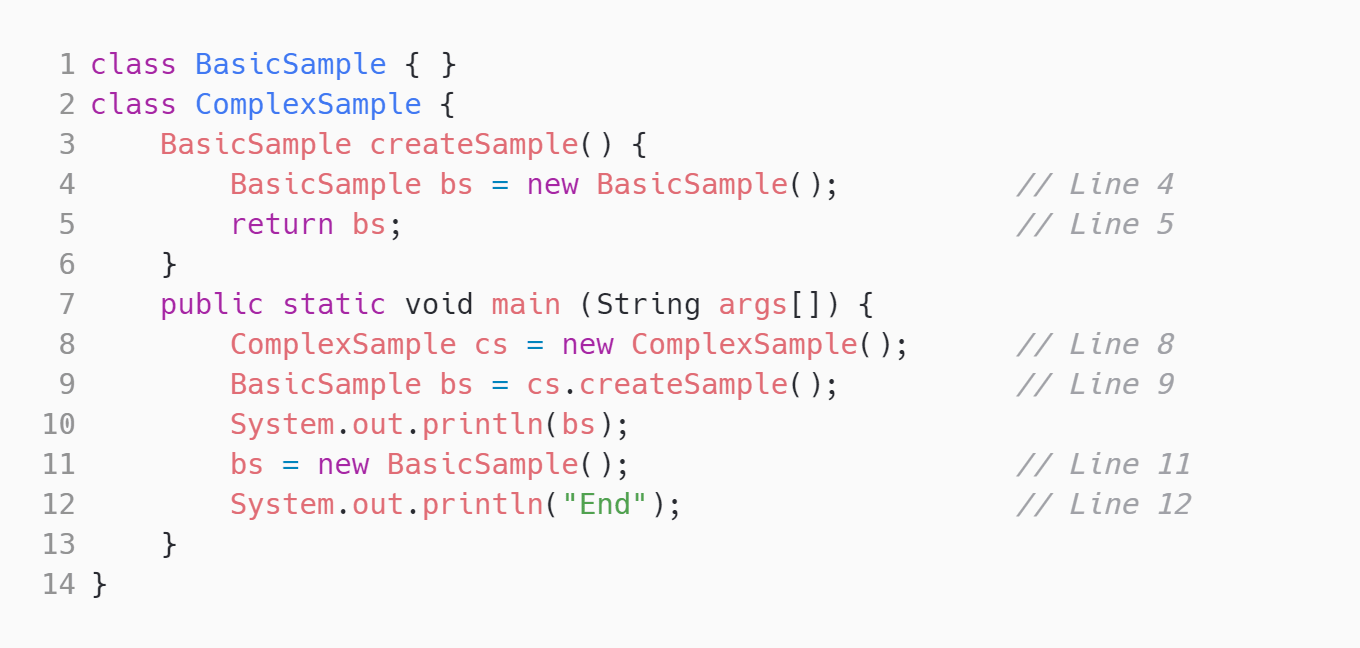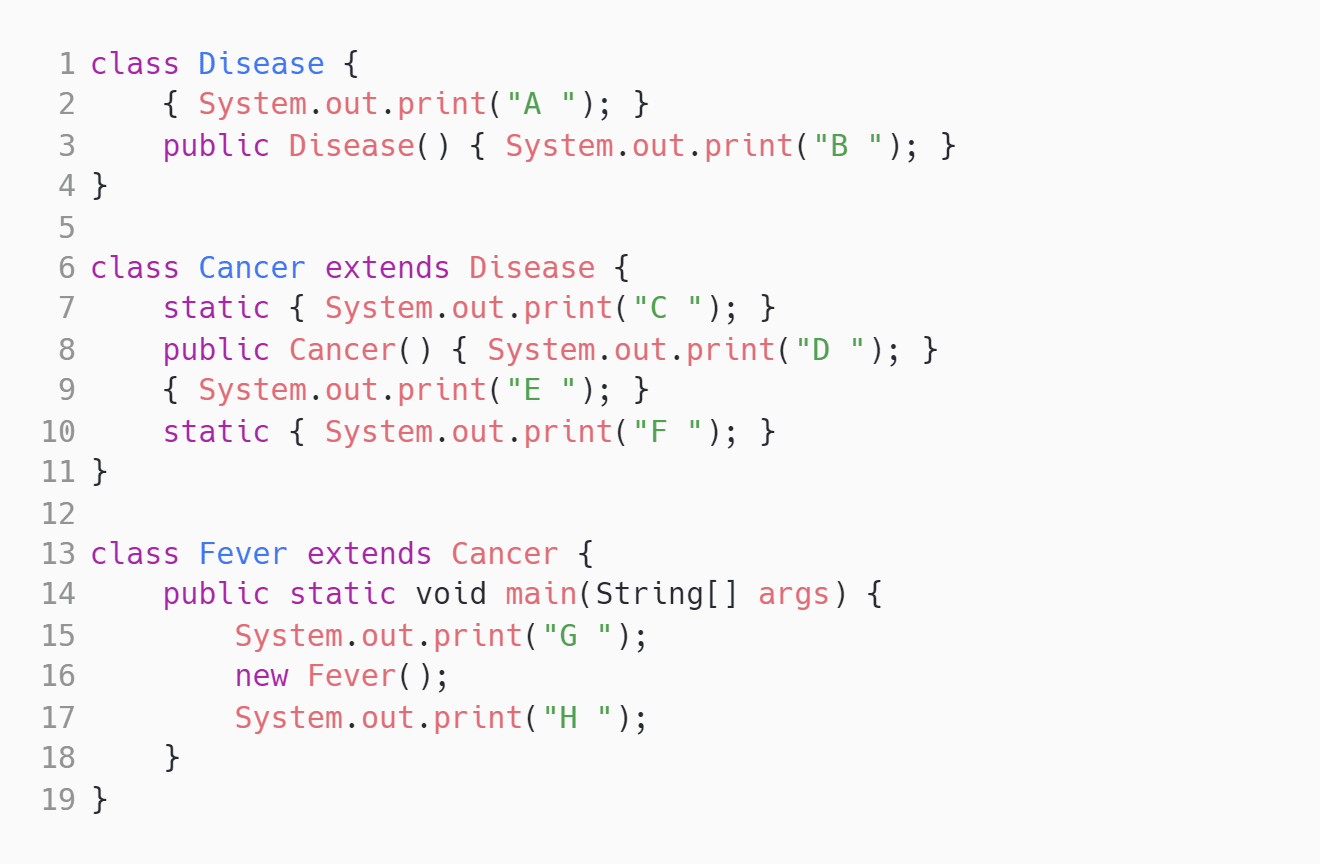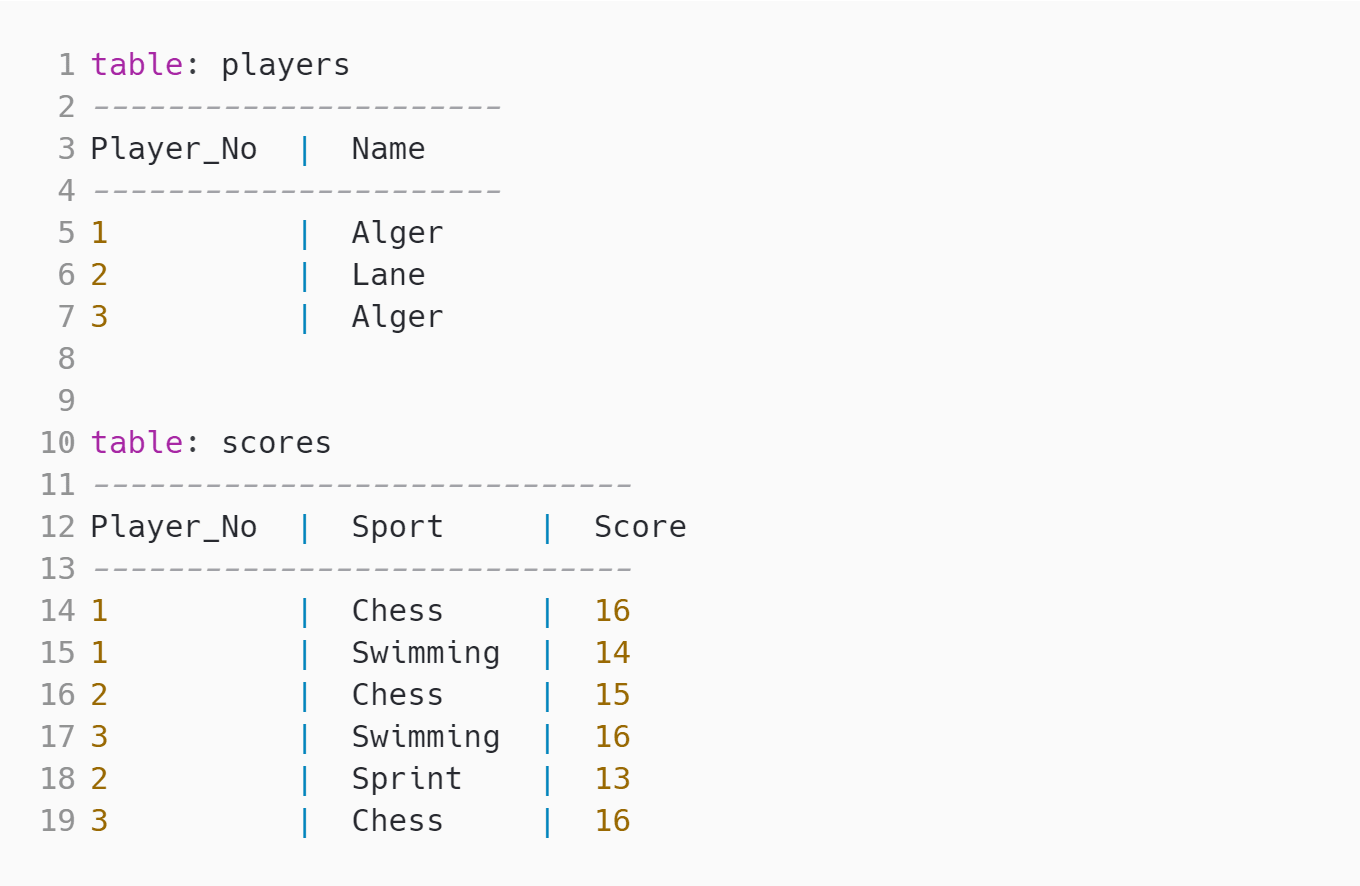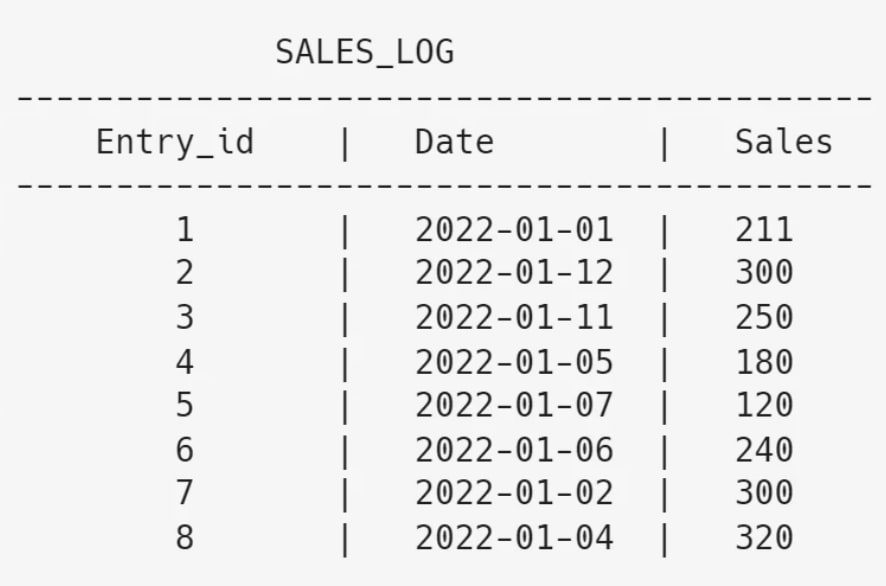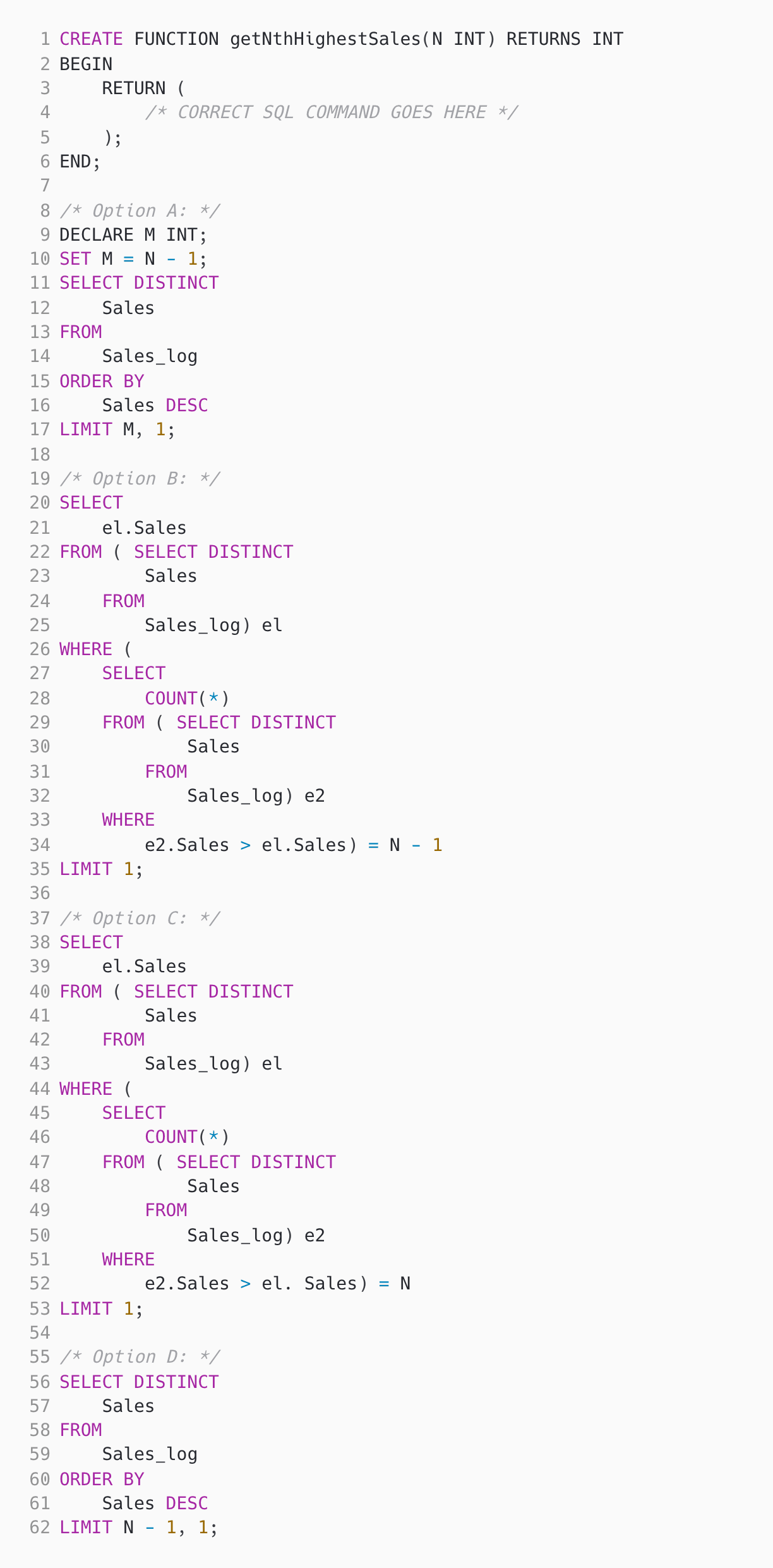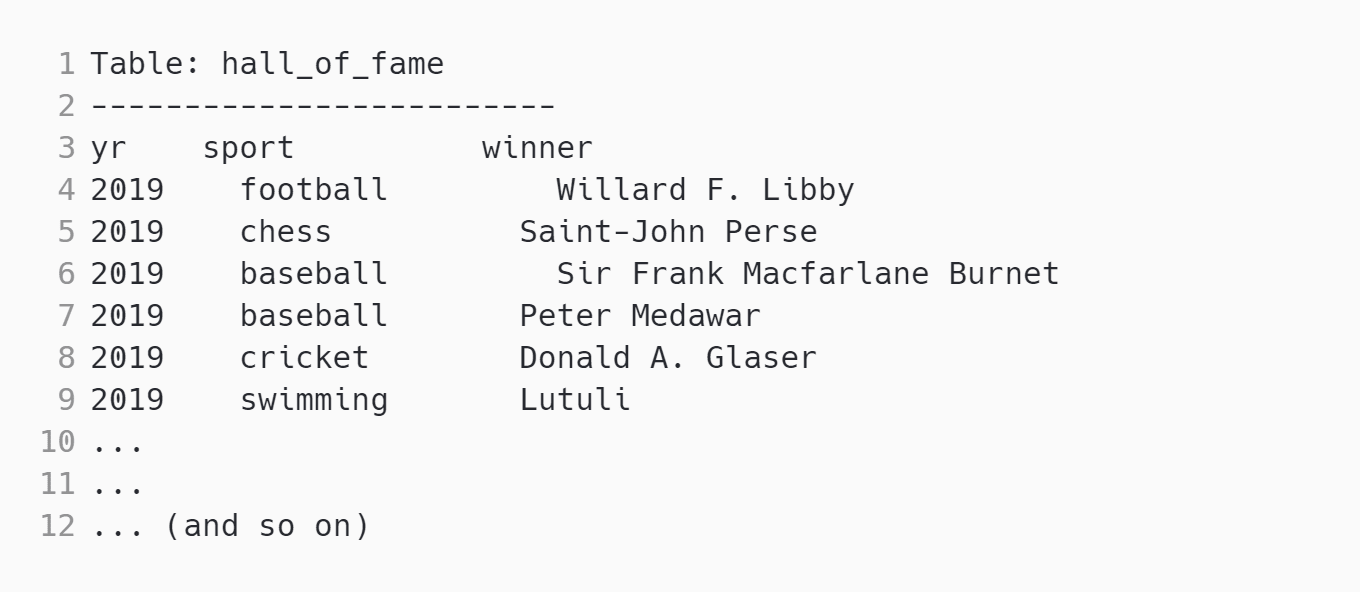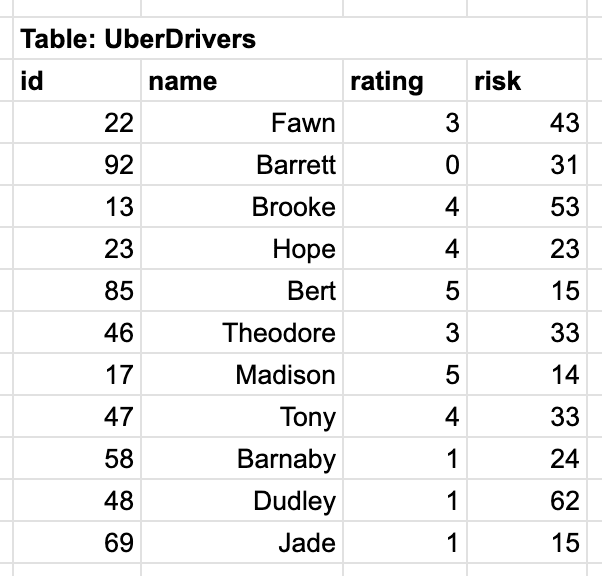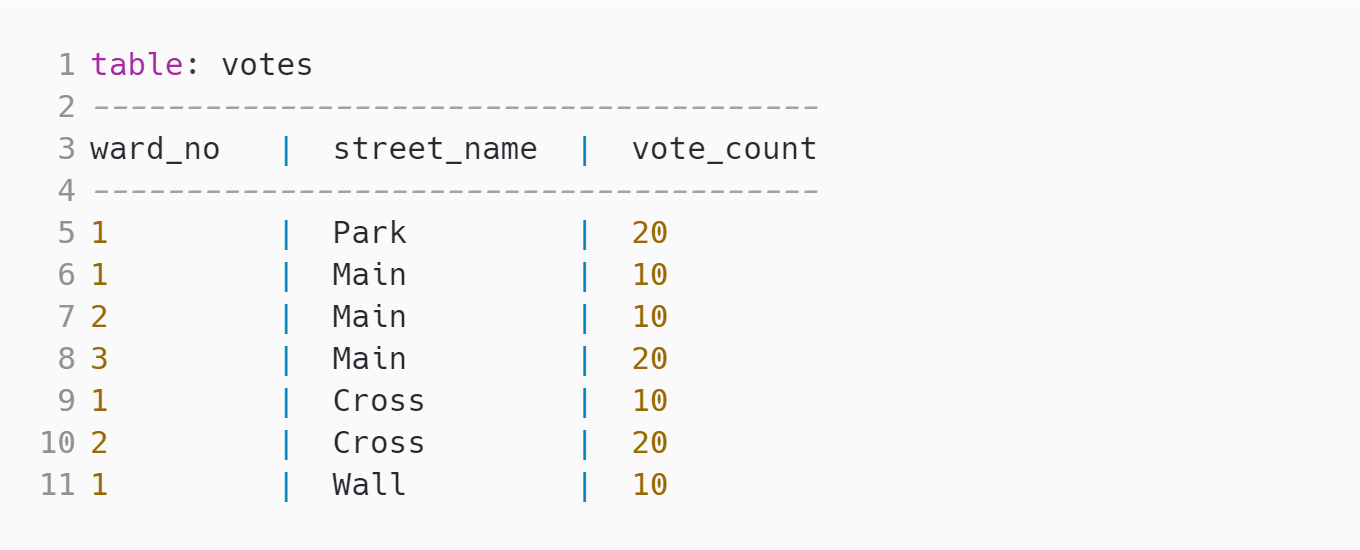JavaScript Fundamentals: JavaScript Fundamentals cover the core concepts of the JavaScript programming language, including variables, data types, operators, control flow, functions, and arrays. This skill is measured in the test to assess the candidate's understanding of the foundational concepts required to write JavaScript code.
ES6 Syntax: ES6 Syntax refers to the features introduced in the ECMAScript 6 standard, such as arrow functions, template literals, spread syntax, and destructuring assignment. Assessing this skill helps gauge the candidate's familiarity with modern JavaScript syntax and their ability to utilize advanced language features.
Async/Await in JS: Async/Await is a set of keywords in JavaScript that allow for cleaner and more expressive asynchronous code by simplifying the handling of Promises. This skill is important to measure as it indicates the candidate's proficiency in writing efficient and elegant asynchronous JavaScript code.
HTML/CSS Basics: HTML/CSS Basics involve understanding the fundamental building blocks of the web - HTML, which provides structure, and CSS, which enables visual styling. Assessing this skill helps determine the candidate's grasp of the essential concepts and syntax required to create and style web pages.
DOM Handling with JS: DOM (Document Object Model) Handling with JS refers to the manipulation and interaction with the HTML document structure using JavaScript. This skill is measured in the test to evaluate the candidate's ability to dynamically modify web page content and respond to user interactions.
Java Syntax: Java Syntax covers the syntax and basic concepts of the Java programming language, including variables, data types, operators, control flow, and methods. Assessing this skill helps determine the candidate's understanding of the foundational elements of Java programming.
Java OOPs: Java OOPs (Object-Oriented Programming) involves concepts such as inheritance, encapsulation, polymorphism, and abstraction, which are fundamental to Java development. This skill is measured in the test to assess the candidate's proficiency in applying object-oriented principles to develop efficient and maintainable Java code.
SQL CRUD operations: SQL CRUD (Create, Read, Update, Delete) operations refer to the basic database operations for manipulating data in a relational database using SQL queries. Assessing this skill helps evaluate the candidate's ability to interact with databases and perform essential data manipulation tasks.
SQL Joins and Indexes: SQL Joins and Indexes involve techniques in SQL for combining data from multiple tables using JOIN clauses and optimizing query performance using indexes. This skill is important to measure as it demonstrates the candidate's understanding of advanced SQL concepts for efficient data retrieval and manipulation.
Coding: Coding skill refers to the candidate's ability to write clean, well-structured, and functional code. This skill is measured in the test to assess the candidate's overall programming proficiency and problem-solving abilities.



















